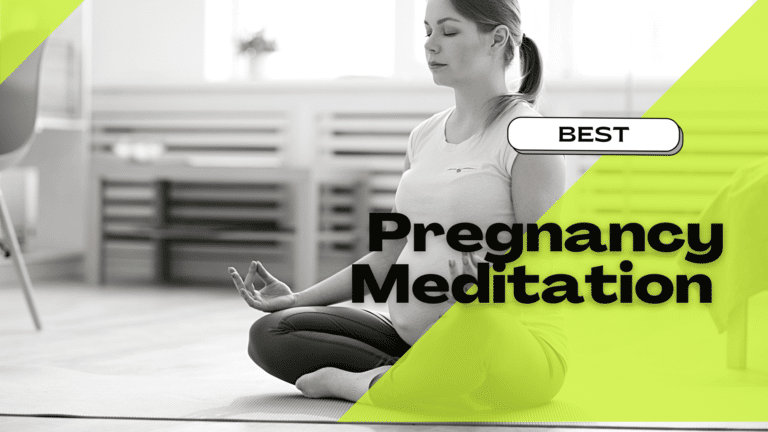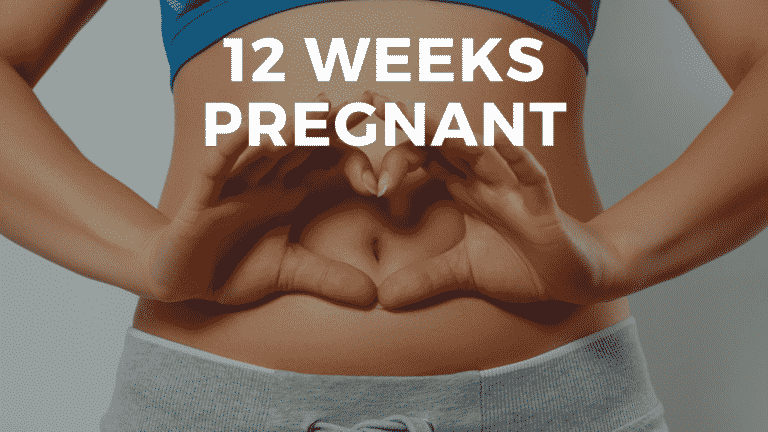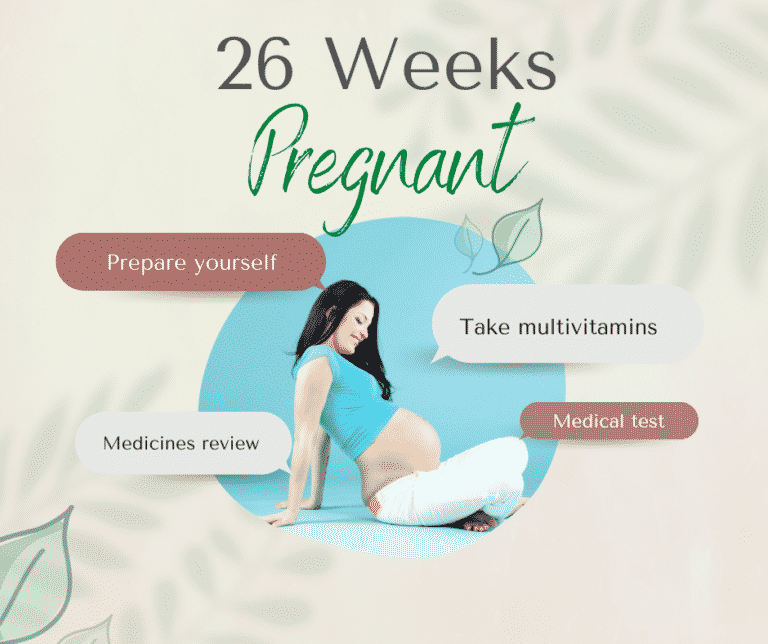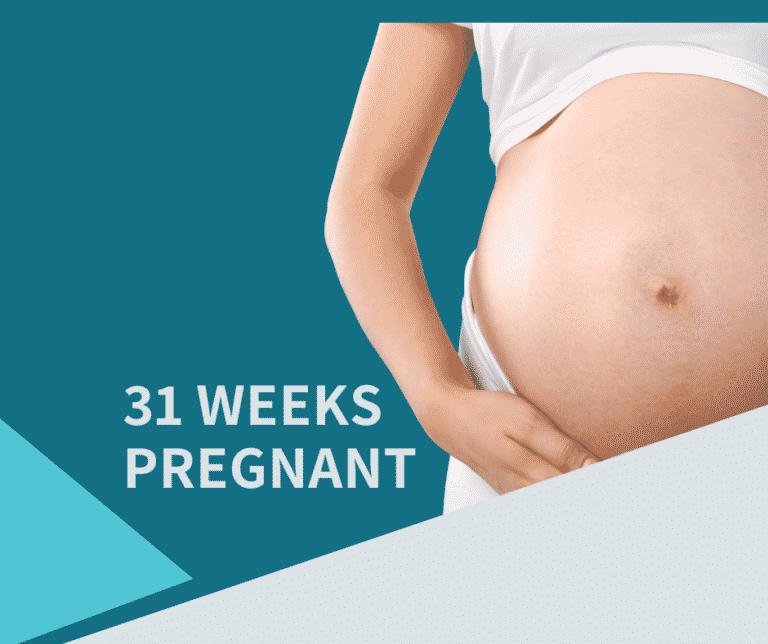16 weeks pregnant: Tips, Symptoms & Baby’s Development
Published on April 1, 2022 – Last Updated on May 9, 2022
Welcome to week 16 weeks pregnant! As you continue on this fantastic journey, your baby grows more prominent and active each day. This week, we’ll discuss some of the common symptoms and changes you may be experiencing. We’ll also go over what to expect at your next doctor’s appointment. So sit back, relax, and enjoy reading about all that’s going on in your beautiful womb! 🙂
Read some articles & track your symptoms and how you feel so that you may talk about them with your doctor at your next visit.
What to expect during the 16th week of pregnancy
During the 16 weeks of pregnancy, You can notice your baby’s movements. For example, you might feel flutters or taps, called quickening, in your lower abdomen. At first, you may think you imagine things. But soon enough, you’ll start to feel those telltale signs that let you know your baby is growing and developing just as it should be.
As your little one grows, they’ll start to take up more space in your womb. This can cause some discomfort, especially as your belly starts to expand. You may also notice that you need to urinate more frequently. This is because the extra weight on your bladder puts pressure on your urinary tract.
If you haven’t already, now is an excellent time to start thinking about what you want for your birth. Talk to your doctor or midwife about your options and make the right plan for you. Remember, there’s no wrong way to give birth. The most important thing is that you and your baby are safe and healthy. Learn more about your current week in the how pregnant am I, calculator.
Changes in your body: Pregnancy Week 16
You may feel like your pregnancy is starting to show this week. Your belly is getting bigger, and you may even have a little bit of a bump. This is all standard and just a sign that your baby is growing! You might also notice some changes in your breasts. They may be getting more extensive and more tender. This is also normal, and just your body is getting ready to feed your baby.
Check out our collection of best pregnancy apps.
Pregnancy Hormones:
While being 16 weeks pregnant, your body goes through a lot of changes. One of the most significant changes is the increase in hormones. These Can be increased as the pregnancy progresses and until the baby develops. These hormones help your body grow and change to accommodate your growing baby. They also help to prepare your body for labor and delivery.
The increased blood volume in the blood vessels and pregnancy hormones causing more oil production can make pregnant skin look flushed and dewy.
Fetal development during week 16
Your baby continues to grow and develop. They’re now about the size of an avocado and weigh around 4 ounces. Their eyes are open, and they can now see the light. They’re also starting to develop little teeth buds beneath their gums. All of their major organs are now formed, and they’re beginning to function independently. Their heart is beating about 140 times per minute, and they’re starting to move around more. You may even be able to feel their movements! Let’s Dig into More details:
Baby’s Development:
During the 16th week of pregnancy, your baby continues to grow and develop. This developing baby is about the size of an avocado and weighs around 4 ounces.
Baby’s Eyes
At pregnancy week 16, Their eyes are open, and they can now see the light. They’re also starting to develop little teeth buds beneath their gums. In addition, all of their organs continue to build and grow.
Baby’s Head
The baby’s head is starting to get bigger in proportion to the rest of the body. The baby begins to move down into your pelvis in preparation for birth.
Baby Fat:
At pregnancy week 16, Your baby is starting to store fat, which will help keep them warm after they’re born.
Symptoms you may be experiencing.
Most pregnant women experience many changes at this stage in their pregnancy. Here are the most common symptoms:
- Discomfort from enlarged breasts
- The uterine wall is pushing down on your bladder.
- More frequent urination
- Fatigue
- Nausea and vomiting, especially in the morning
- Heartburn and indigestion
- Constipation
- Dizziness and lightheadedness
- Back pain
- Weight gain
- Second Trimester
These are all typical pregnancy symptoms that you may be experiencing. D. They can help you manage any uncomfortable symptoms and give you peace of mind.
Discomfort:
As your uterus expands, you may experience a lot of discomfort. This is especially true throughout the later phases of pregnancy. For example, you may find that your breasts are getting larger and more tender.
Pressure on the bladder:
You may also have pressure on your bladder from the enlarged uterus, which can cause you to urinate more frequently. These symptoms are usual and will likely go away after your baby is born.
More frequent urination:
As your baby grows, they will put more and more pressure on your bladder. This can cause you to urinate more frequently than usual.
Fatigue:
Pregnancy can be very tiring, especially in the later stages. You may find that you are constantly tired and need to take naps during the day.
Nausea and vomiting:
Many women experience nausea and vomiting during the first trimester of pregnancy. This usually goes away after a few weeks, but some women continue to have symptoms throughout their pregnancy.
Heartburn and indigestion:
Many pregnant women experience heartburn and indigestion. This is caused by the hormone progesterone, which relaxes the muscles in your digestive system.
Constipation:
Pregnancy can cause you to become constipated. Because the uterus restricts your bowels’ digestion, this is why you don’t feel well.
Dizziness and lightheadedness:
Many pregnant women feel dizzy and lightheaded. This is often caused by low blood sugar or dehydration.
Back pain:
As your baby grows, you may experience back pain. This is caused by the extra weight you carry and the change in your center of gravity.
Weight gain:
You will likely gain weight during pregnancy. However, the amount of weight you earn will depend on your pre-pregnancy weight, how much you were eating before pregnancy, and how active you are during pregnancy. During pregnancy, most women weigh between 25 and 35 pounds.
This can result in varicose veins, especially if you have a lot of weight to lose. This is known as the “Pregnancy brain.”
Second Trimester
These are all usual pregnancy symptoms that you may be experiencing during 16 weeks of pregnancy. Discuss with Doctors if You have any concerns. They can help you manage any uncomfortable symptoms and give you peace of mind.
Tips for staying healthy and comfortable during this stage of pregnancy
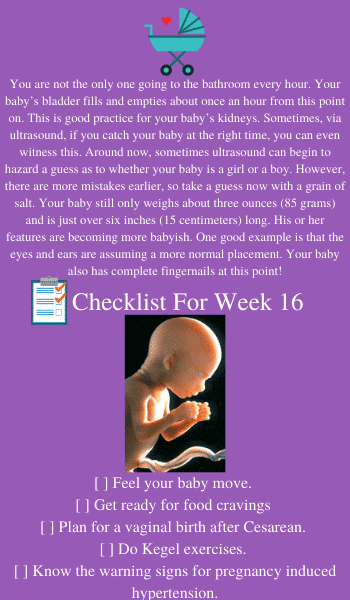
Make sure to check out our Pregnancy Week by Week post where you can find great information for each stage of pregnancy based on weeks.
As 16 weeks pregnant, you enter the second trimester of your pregnancy. You may start to feel more comfortable. Nausea and tiredness should lessen during the early stages of pregnancy. This is a great time to focus on staying healthy and active. Here are several tips to follow for visiting healthy during this stage of pregnancy:
- Eat a healthy diet.
- Get plenty of rest.
- Stay active and exercise regularly.
- Drink plenty of water and avoid caffeine.
- Take care of yourself emotionally.
- See your doctor or midwife for regular checkups.
Eat a healthy diet:
It is beneficial to eat a healthy diet during pregnancy. You should include plenty of fruits, vegetables, and whole grains. You should also eat lean protein sources and low-fat dairy products.
Get plenty of rest:
Pregnancy can be tiring, especially in the later stages. So make sure to get plenty of rest so that your body can recover.
Stay active and exercise regularly:
Sixteen weeks pregnant, It is essential to stay active during pregnancy. Exercise can help you stay healthy, improve your mood, and reduce stress levels.
Drink plenty of water and avoid caffeine:
During 16 weeks of pregnancy, it is essential to drink plenty of water. In addition, it would be best to avoid caffeine, as it can cause dehydration.
Take care of yourself emotionally:
Pregnancy can be a stressful time. Also, take care of yourself emotionally by talking to friends and family, getting support from a counselor or therapist, and taking some time.
See your doctor or midwife for regular checkups:
It is essential to see a doctor or midwife for regular checkups during pregnancy. They will be able to monitor your health and your baby’s development.
16 Weeks Fetus
At 16 weeks, your baby is the size of an avocado. They’re starting to fill out and look more like a miniature version of themselves. You may be able to see their little belly bulge through your clothes. Their movements will become smoother and more coordinated as their bones continue to harden.
They can kick, curl their toes, and make fists by this point. As their sense of touch develops, they may even be able to feel you rubbing your belly. These milestones are exciting signs that your baby is growing and developing as it should. So enjoy this particular time and savor every moment. Because before you know it, they’ll be here!
Tips For Partners:
If you are the partner and Your wife is passing through pregnancy, you have to care about her. You should help around the house and with childcare if you have other children. You should also make sure to listen to her concerns and be supportive. If she is feeling stressed, make sure to talk to your doctor or midwife about ways to manage stress. Lastly, stay healthy so that you can support your partner during this time.
Visit a Doctor: Prenatal Visit Schedule
You should see your doctor or midwife for regular checkups during pregnancy. These visits are an opportunity to monitor your health and your baby’s development. In addition, you should have to discuss any concerns or questions you may have about your pregnancy.
At your 16-week visit, you will likely:
- Undergo a physical exam
- Be weighed
- Have your blood pressure taken
- Be asked about your medical history and any current symptoms
- Have urine tests to check for protein, sugar, and bacteria
- Be offered a screening test for Down syndrome
- Be offered an ultrasound to check on the development of your baby’s organs
If a doctor or midwife has not already seen you, this is an excellent time to start. Make a plan to see your healthcare provider every four weeks until 28 weeks, every two weeks until 36 weeks, and then weekly until you deliver.
FAQs
Where is the baby at 16 weeks in the belly?
Your Baby is Developing in your body at the moment. He is down from the stomach and is now floating in the amniotic fluid inside the uterus. His proportions are correct, but his features are still unformed.
How do I know my pregnancy is going well at 16 weeks pregnant?
At 16 weeks pregnant, you should go for a checkup to ensure that your pregnancy is proceeding as it should. You will likely have a physical exam, be weighed, have your blood pressure taken, have Good blood flow, and be asked about your medical history and any current symptoms. You may also have a urine test & Blood Test to check for protein, sugar, and bacteria. In addition, you will likely be offered a screening test for Down syndrome and an ultrasound to check on the development of your baby’s organs. If a doctor or midwife has not already seen you, this is an excellent time to start.
What does it feel like for my baby to move at 16 weeks pregnant?
Many women have a clear ‘baby bump’ by now. You may be able to feel your baby move by 16 weeks pregnant. If this is your first pregnancy, it may be closer to 20 weeks before you feel your baby move. Some women begin to feel movement sooner, while others don’t feel anything until later in the pregnancy. If you haven’t felt movement by 24 weeks, mention it to your doctor or midwife.
Other Pregnancy Weeks:
- 1 Week Pregnant
- 2 Weeks Pregnant
- 3 Weeks Pregnant
- 4 Weeks Pregnant
- 5 Weeks Pregnant
- 6 Weeks Pregnant
- 7 Weeks Pregnant
- 8 Weeks Pregnant
- 9 Weeks Pregnant
- 10 Weeks Pregnant
- 11 Weeks Pregnant
- 12 Weeks Pregnant
- 13 Weeks Pregnant
- 14 Weeks Pregnant
- 15 Weeks Pregnant
- 17 Weeks Pregnant
- 18 Weeks Pregnant
- 19 Weeks Pregnant
- 20 Weeks Pregnant
- 21 Weeks Pregnant
- 22 Weeks Pregnant
- 23 Weeks Pregnant
- 24 Weeks Pregnant
- 25 Weeks Pregnant
- 26 Weeks Pregnant
- 27 Weeks Pregnant
- 28 Weeks Pregnant
- 29 Weeks Pregnant
- 30 Weeks Pregnant
- 31 Weeks Pregnant
- 32 Weeks Pregnant
- 33 Weeks Pregnant
- 34 Weeks Pregnant
- 35 Weeks Pregnant
- 36 Weeks Pregnant
- 37 Weeks Pregnant
- 38 Weeks Pregnant
- 39 Weeks Pregnant
- 40 Weeks Pregnant
- Birth Plan
- Baby Due Date Calculator
- EDD Calculation
- how many weeks pregnant I am



